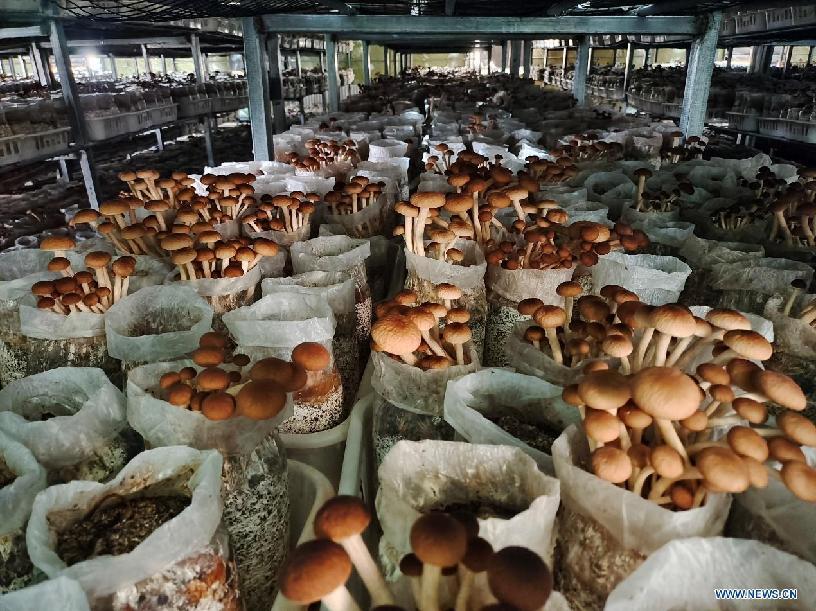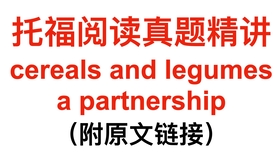The Code of Conduct in International Trade: The Role of the WTO and the Importance of Compliance
The WTO plays a crucial role in promoting and enforcing the Code of Conduct in International Trade. It ensures that members adhere to a set of principles and rules aimed at promoting fair and transparent trade practices. Compliance with the Code is essential for maintaining global trade relations and preventing conflicts that may lead to trade wars. The WTO works to settle trade disputes and imposes sanctions on members that violate its agreements. The importance of compliance with the Code is underscored by the negative impact of trade barriers and other restrictions on global commerce. The WTO's efforts to promote compliance contribute to the growth of international trade and the maintenance of a rules-based global trading system.
The World Trade Organization (WTO) is the main global institution regulating the international trade system. It ensures that member countries adhere to a set of rules and principles that promote fair trade practices and contribute to global economic growth. However, the effectiveness of the WTO and its ability to ensure compliance with international trade rules depends on the commitment of member countries and the willingness of each country to accept the jurisdiction of the WTO in case of a dispute.
The role of the WTO is to provide a platform for negotiation and cooperation between member countries, as well as to settle trade disputes through the establishment of a rules-based system. It also aims to promote sustainable development by providing opportunities for trade expansion, which can help to reduce poverty and improve the living standards of people in developing countries.
However, the effectiveness of the WTO in achieving these goals is limited by several factors. Firstly, the balance of power within the WTO is heavily skewed towards developed countries, which often use their veto power to block progress on important issues such as agricultural subsidies and market access for developing countries. Secondly, the institutions and procedures of the WTO are often slow and cumbersome, leading to long delays in resolving trade disputes. Finally, the compliance mechanisms of the WTO are limited, and it can be difficult to enforce compliance with its rules when member countries are not willing to accept its jurisdiction.
The importance of compliance with international trade rules is crucial for the functioning of the global economy. Compliance ensures that countries adhere to a set of rules that promote fair trade practices, preventing countries from engaging in harmful practices such as dumping or subsidizing exports. It also helps to maintain stability in global markets by ensuring that trade policies are transparent and non-discriminatory. This, in turn, helps to promote investment and innovation, driving global economic growth.

However, achieving compliance with international trade rules is challenging, especially in developing countries where domestic laws and institutions may not be fully developed. In these cases, it is essential for governments to work closely with the private sector and civil society organizations to build capacity and implement effective compliance mechanisms. This can help to ensure that developing countries are able to benefit from global trade while adhering to international standards.
Moreover, the role of the private sector in achieving compliance cannot be underestimated. Private companies play a crucial role in implementing sustainable development practices and in contributing to global economic growth. However, they also have a responsibility to adhere to international standards and to work closely with governments and civil society organizations to ensure that these standards are met.

In conclusion, the Code of Conduct in International Trade is an essential framework for regulating global trade and promoting sustainable development. The role of the WTO and the importance of compliance are crucial for the functioning of the global economy, and it is essential that all stakeholders, including governments, the private sector, and civil society organizations, work together to achieve effective compliance with international trade rules.
Articles related to the knowledge points of this article::
Title: Unraveling the Intricacies of Mens Tie Packaging: A Comprehensive Insight
Title: A Glimpse into the World of Tie Manufacturers: A Photo Tour of a Tie Factory
Title: The Rise of the Tie-Wearing Men



